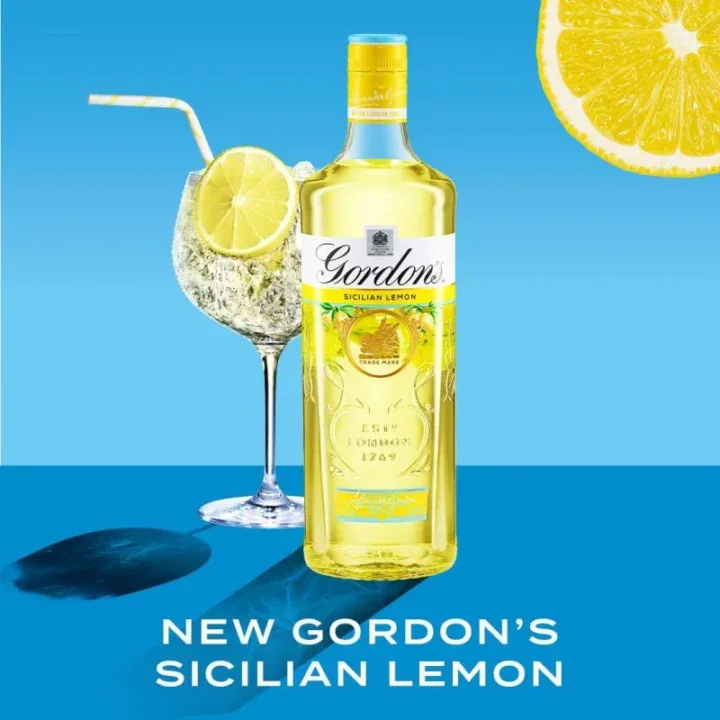After a fall in excise duty collections, Kenya Breweries Limited (KBL) has indicated that there is a need for the government to rethink its tax policy on beverage spirits. According to the brewer, this will address the twin problem of illicit alcohol in Kenya and falling tax revenues from the category.
Kenya Revenue Authority (KRA) excise tax collections from spirits dropped by 20.7 per cent in its first quarter, ending September 2023. The fall in revenue points to a shift in spending patterns as consumers downgrade to illicit alcohol, endangering their lives and denying government due revenues.
In a presentation to the National Assembly’s Finance Committee, KRA reported that while taxes collected by KRA from beer increased by 7.3 percent during the period. While spirits revenue performance dipped for the first time in years, prompting the industry to call for a tax review to save it. KRA’s recent figures suggest a downward trend in legal mainstream spirits performance, which recorded first slump ever in the year ending July this year.
Kenya Breweries Limited (KBL) Managing Director, Mr. Mark Ocitti, said, “A recent industry report from Euromonitor indicates that nearly two-thirds of alcohol being consumed in Kenya is illicit, meaning that far more people are resorting to the bad stuff that not only endangers their life but also denies the Exchequer due revenues. Spirits have faced double-digit annual excise tax increases since 2015, deepening an affordability problem that has now been worsened by runaway input costs such as ethanol – up 61 percent during our last financial year, among others.”
KRA reported that excise duty collected domestically grew by 22.1 per cent, to KSh20.4 billion in the first quarter of the current fiscal year. Excise duty collected from beer increased by 7.3 per cent, soft drinks by 21.2 per cent, bottled water by 7.8 per cent and cosmetics by 13.3 per cent. The performance was mainly driven by increase in delivered volumes of beer, soft drinks, bottled water, and cosmetics.
Whereas beer category tax collections are likely to grow fastest in this 2023/2024 financial year and encourage Treasury to hold taxes for longer as consumers adjust to pricing changes in recent years, spirits performance remains a deepening concern.
The industry is facing a new legal requirement to make excise payment within 24 hours, compounding its players’ cashflow positions at a time cost inflation is hitting the manufacturing industry hardest. Mr Ocitti said the provision to pay Excise Duty in advance has been difficult to implement.
The provision was introduced at the final stages of this year’s Finance Act on the basis that it would help tackle illicit alcohol. Excise Duty returns were previously done monthly, and the new requirement means that the taxes are paid in advance, even on weekends.
“Apart from a deliberate plan to eliminate illicit alcohol, this industry sustained tax breather and we have seen the immediate impact in the current financial year. We need a longer, predictable environment at a time when manufacturers are facing multiple external supply shocks, currency depreciation and depressed consumer spending,” said Mr. Ocitti.
Earlier in the year, the business reported that the average monthly consumer spending on alcoholic beverages reduced by 5 per cent in the periods before and after Covid-19.
KBL reported a 21 per cent reduction in profit in the last financial year, with revenue from Kenya, its biggest market, dropping by 4 per cent as Kenyans adjusted to the effect of multiple excise tax increases.

